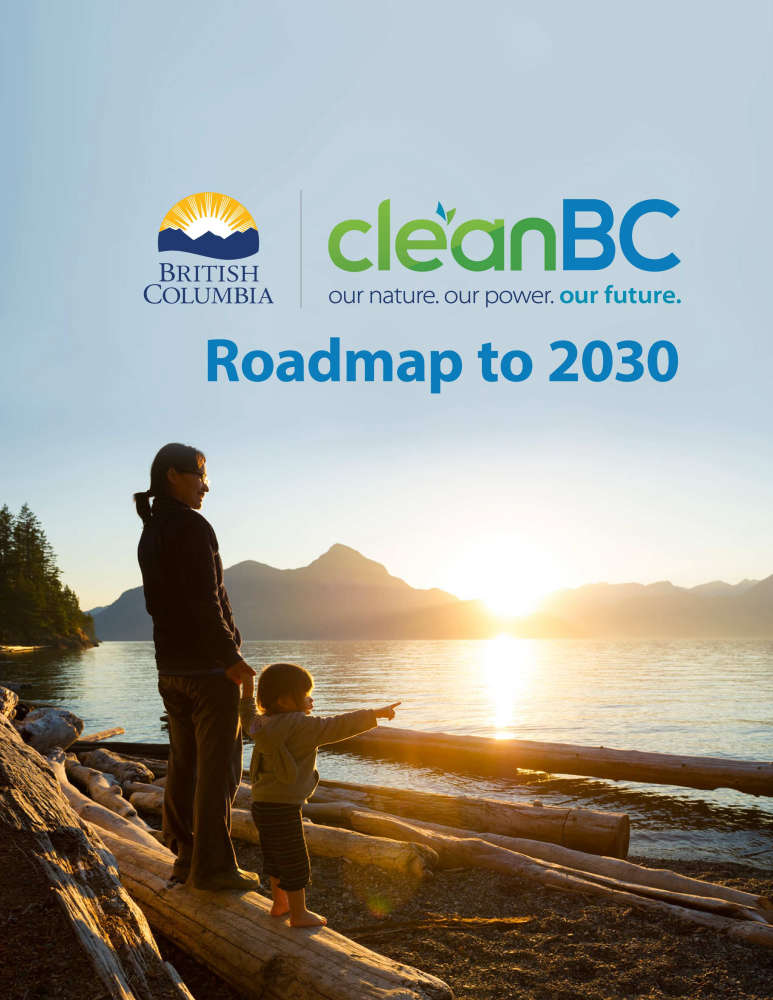
More than 500 public EV charging stations will be added to BCs “electric highway.”
Josie Osborne, Minister of Energy, Mines and Low Carbon Innovation, says the province is working with BC Hydro and other partners to expand B.C.’s public charging infrastructure and build an economy powered by clean, affordable electricity.
The ministry is providing $30-million dollars for the additional chargers, to ensure that every community in B.C. has access to a fast-charging station.
The CleanBC Go Electric Public Charger Program is prioritizing applications for projects that fill geographic gaps in BC’s charging network, located in rural, northern and First Nation communities, or that are located in urban areas with high EV uptake.
The program will also prioritize applications for areas highly accessible to the public, including community and recreation centres, libraries, highway rest stops and park-and-ride stations.
Environment Minister George Heyman says transportation accounts for 40 percent of B.C.’s emissions, which is why, he says, the province is making it easier and more affordable to drive zero-emission vehicles.
The program provides as much as 50 percent of the cost of equipment and installation, and a maximum of $80,000 per fast-charging station for communities and companies in B.C.
Increased rebates up to 90 percent of project costs are also available for Indigenous-owned fast-charging stations.
B.C. says it has one of the largest public charging networks in Canada. At the end of last year, there were about 5-thousand public charging stations in the province - up from about 15 hundred in 2018.
The Province is on track to complete B.C.’s electric highway in summer 2024 with coverage along all highways and major roads and also working toward an overall target of 10,000 public charging stations by 2030.
In 2023, approximately 23% of light-duty vehicle sales were EVs, up from 18% of sales in 2022.
To learn more, visit Roadmap to 2030.

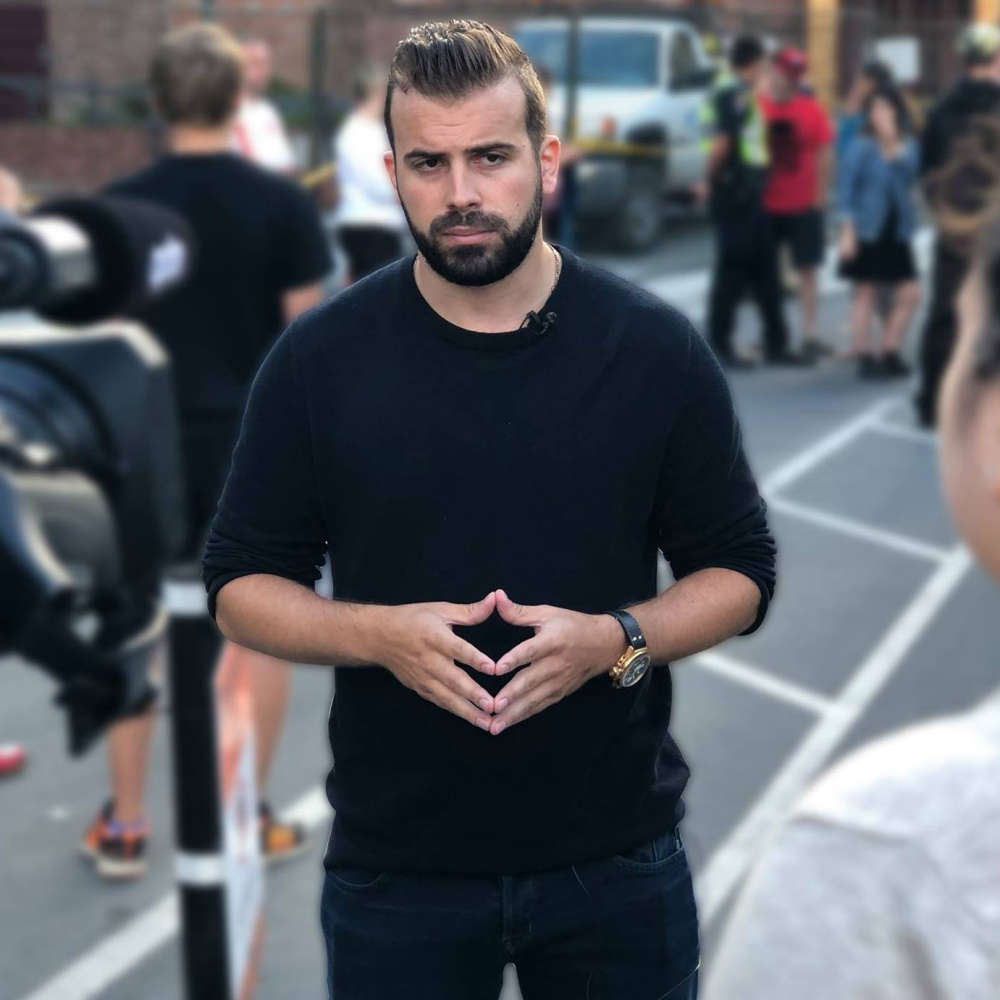 First Nation Leadership Council Calls For Conservatives To Pull North Island-Powell River Candidate
First Nation Leadership Council Calls For Conservatives To Pull North Island-Powell River Candidate
 North Island-Powell River All Candidates Debate At Sunday At Tidemark Theatre
North Island-Powell River All Candidates Debate At Sunday At Tidemark Theatre
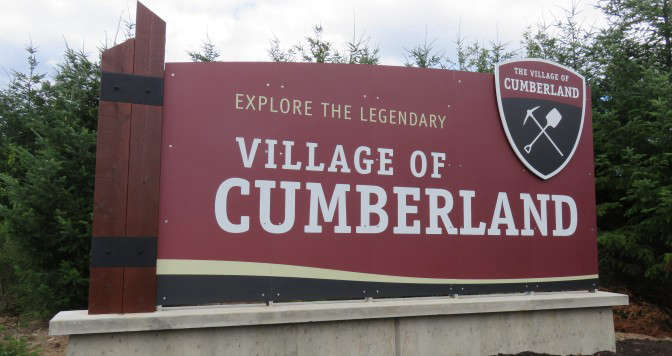 Cumberland Residents Are Encouraged To Report Incidents To The RCMP
Cumberland Residents Are Encouraged To Report Incidents To The RCMP
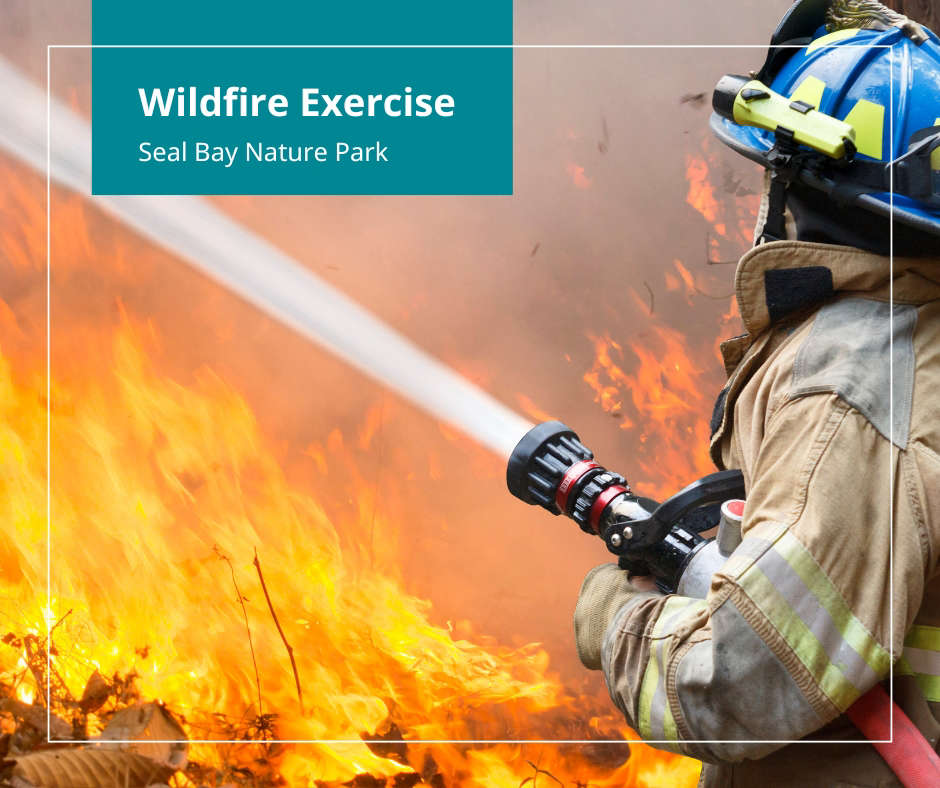 Training Exercise Today At 19 Wing Comox And Seal Bay Nature Park Area
Training Exercise Today At 19 Wing Comox And Seal Bay Nature Park Area
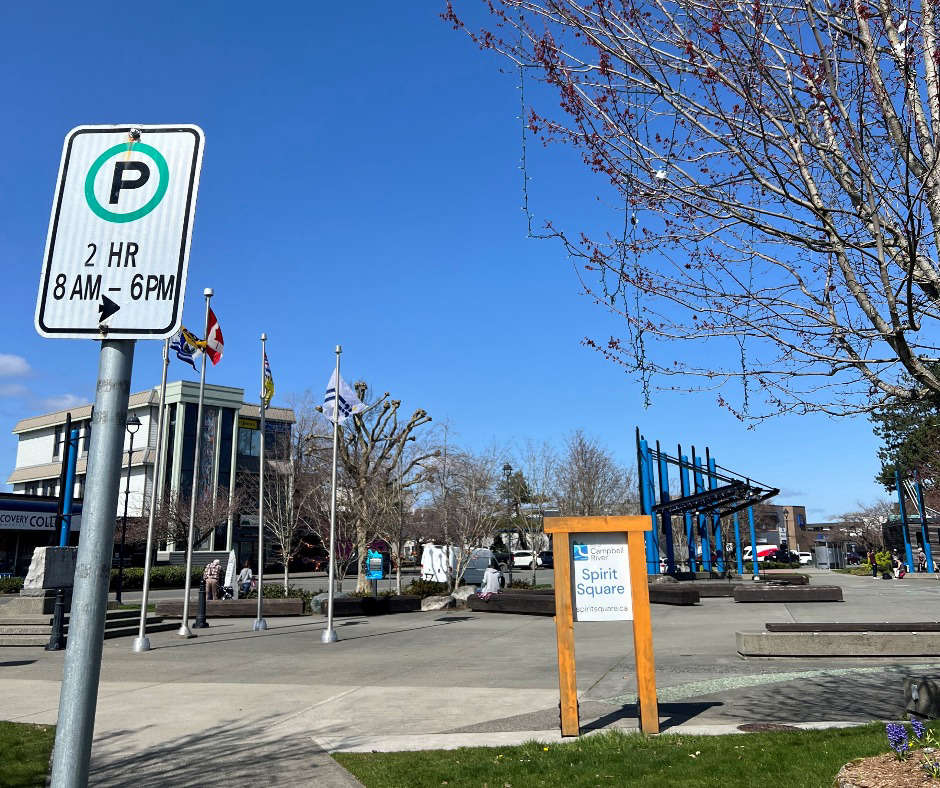 Campbell River Extends Downtown Parking Time Limits
Campbell River Extends Downtown Parking Time Limits
